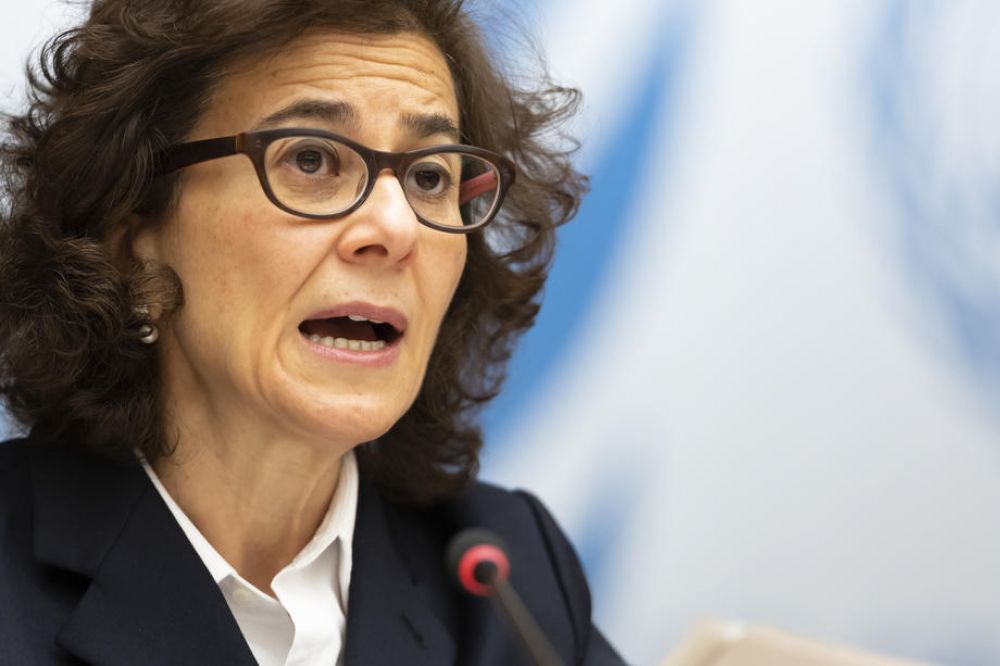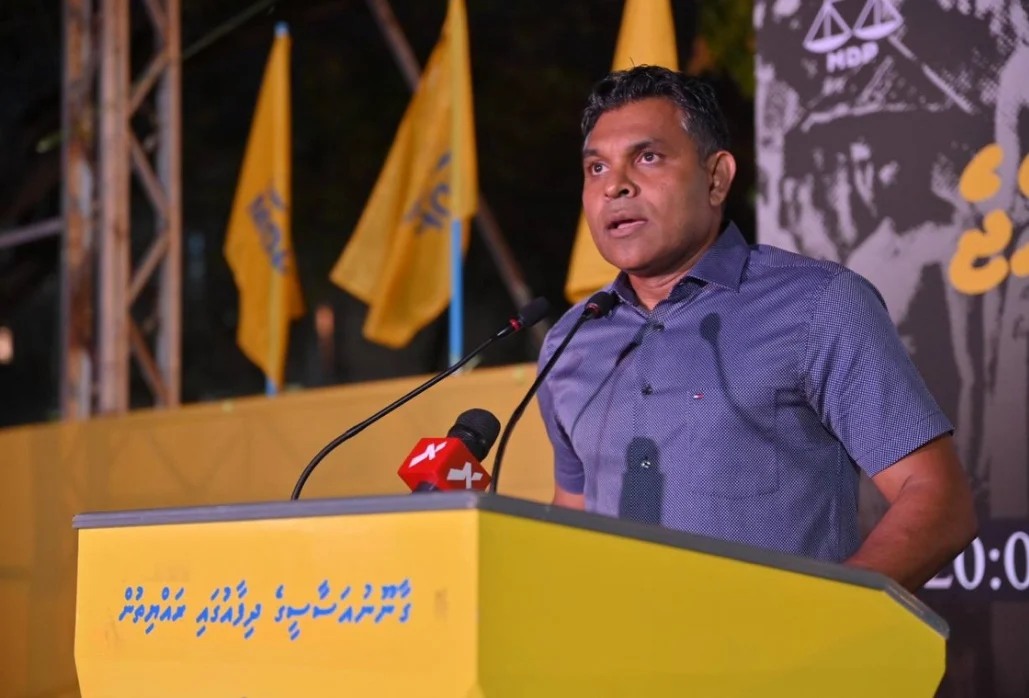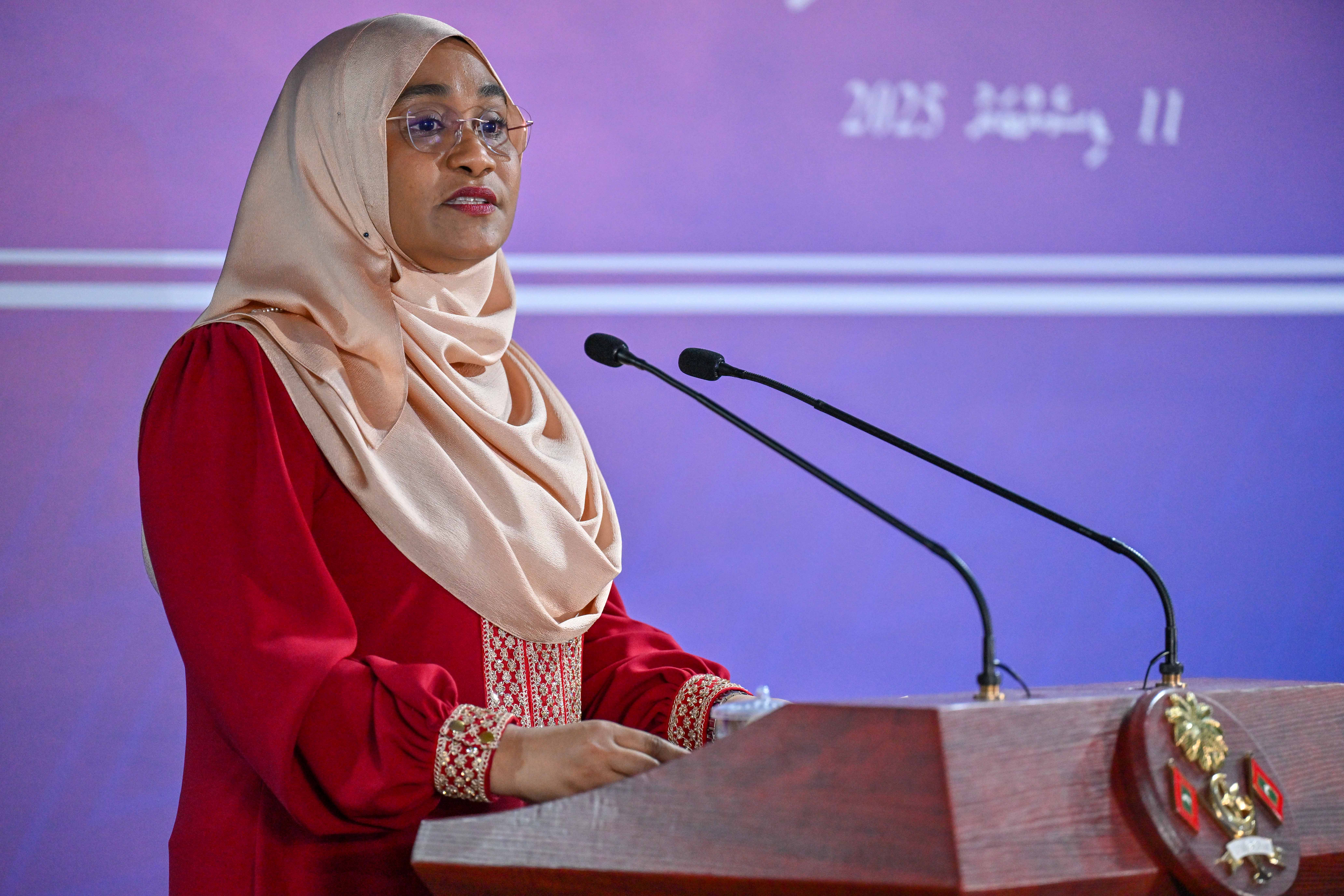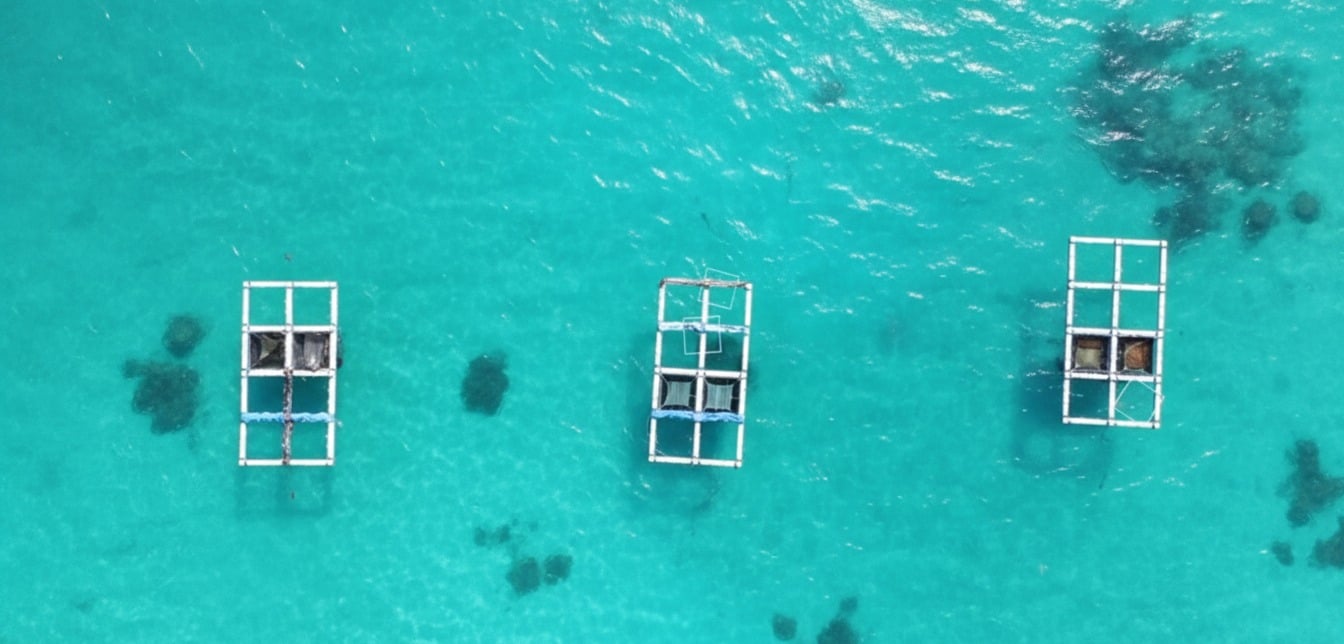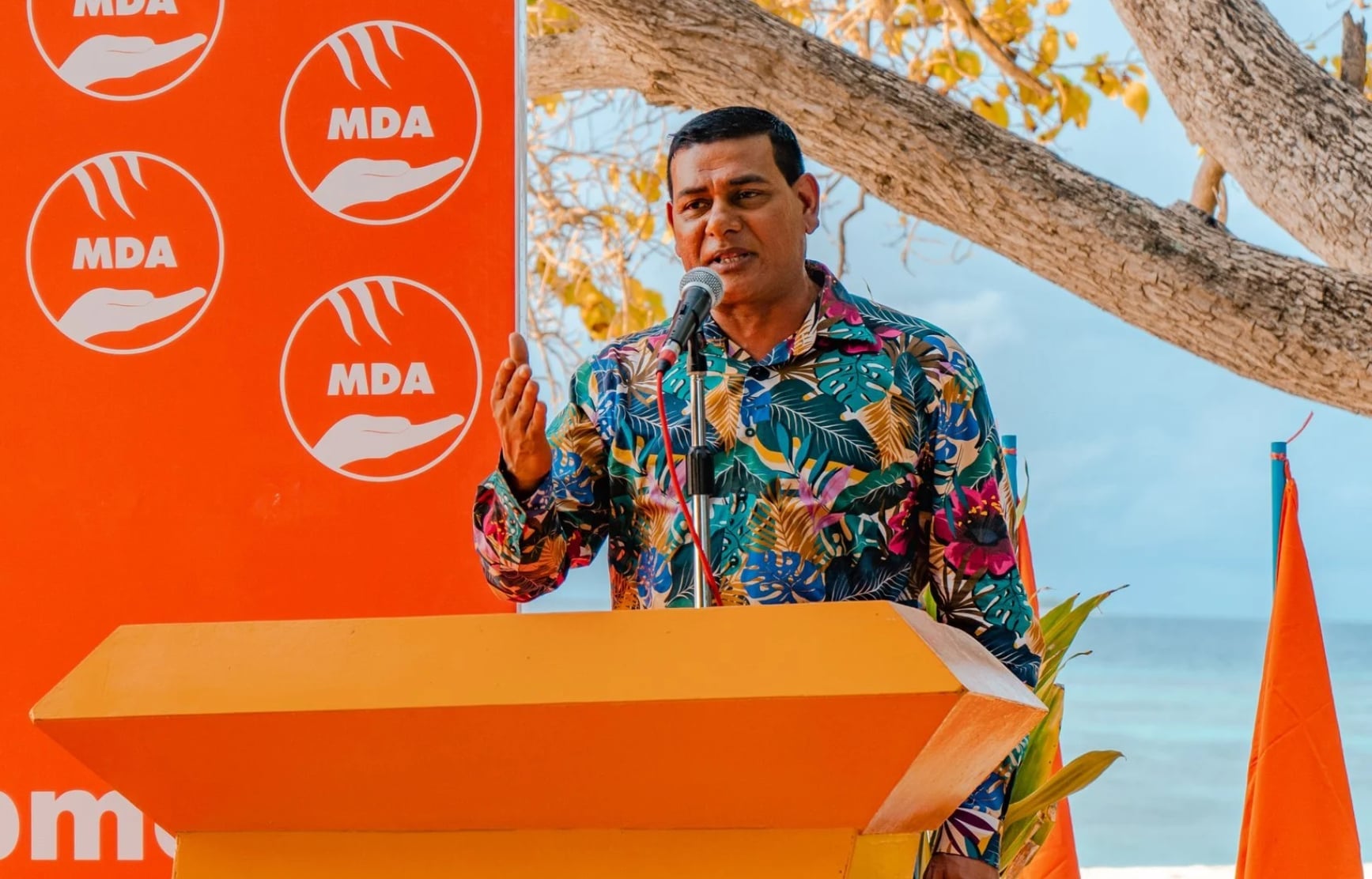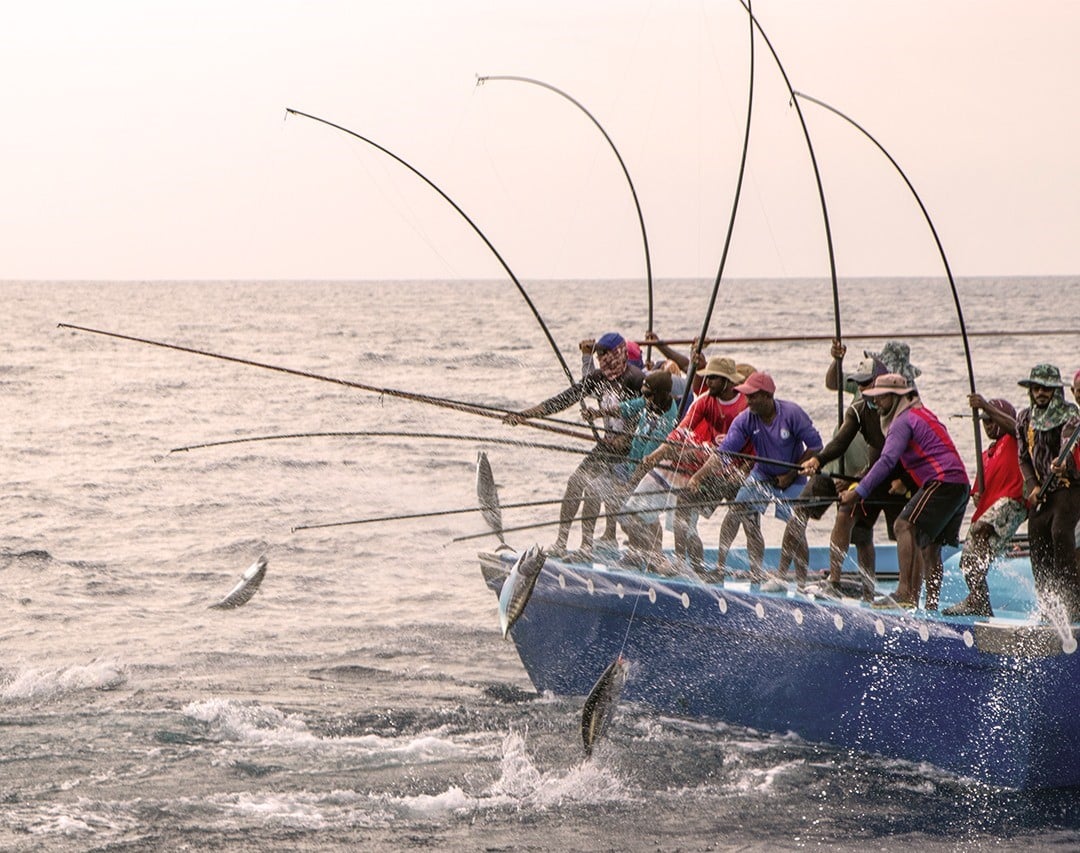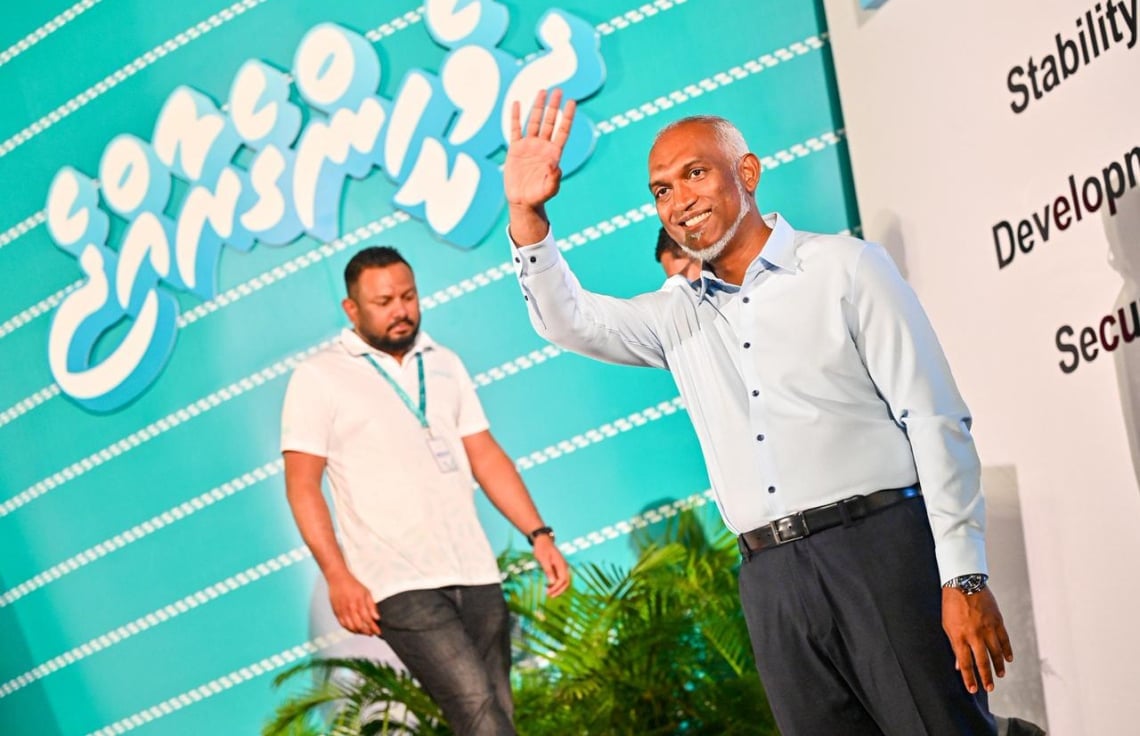The acting secretary-general of the UN Human Rights Commission on Monday condemned the "intimidation" of the Russian people speaking out against the war in Ukraine, warning that it would undermine fundamental freedoms.
In a speech at the UN Human Rights Council, UN Deputy Chief of Staff Nada Al-Nasif condemned "threats, restrictions and sanctions against those who express opposition to the war in Ukraine."
These measures "undermine the exercise of fundamental constitutional freedoms, including the right to freedom of assembly, expression and association," she warned.
Al-Nashif listed concerns about rights in a range of countries. But she took unusually harsh aim at Moscow.
She decried “pressure against journalists, blocking of internet resources and other forms of censorship”, saying such actions were “incompatible with media pluralism and violate the right to access information”.
She also called on the Kremlin to refrain from criminalising “undeclared contacts with representatives of states, foreign or international organisations deemed to be directed against the ‘security’ of the Russian Federation”.
There was no immediate Russian response to al-Nashif’s comments.
Moscow left the rights council in April after it was suspended from the body over its invasion of Ukraine. But it remains an observer and could still speak up when countries debate al-Nashif’s remarks on Tuesday.
Earlier this year, the council ordered a high-level inquiry into violations by Russian troops in Ukraine. The investigators are due to report back on September 23.
In a speech at the UN Human Rights Council, UN Deputy Chief of Staff Nada Al-Nasif condemned "threats, restrictions and sanctions against those who express opposition to the war in Ukraine."
These measures "undermine the exercise of fundamental constitutional freedoms, including the right to freedom of assembly, expression and association," she warned.
Al-Nashif listed concerns about rights in a range of countries. But she took unusually harsh aim at Moscow.
She decried “pressure against journalists, blocking of internet resources and other forms of censorship”, saying such actions were “incompatible with media pluralism and violate the right to access information”.
She also called on the Kremlin to refrain from criminalising “undeclared contacts with representatives of states, foreign or international organisations deemed to be directed against the ‘security’ of the Russian Federation”.
There was no immediate Russian response to al-Nashif’s comments.
Moscow left the rights council in April after it was suspended from the body over its invasion of Ukraine. But it remains an observer and could still speak up when countries debate al-Nashif’s remarks on Tuesday.
Earlier this year, the council ordered a high-level inquiry into violations by Russian troops in Ukraine. The investigators are due to report back on September 23.





